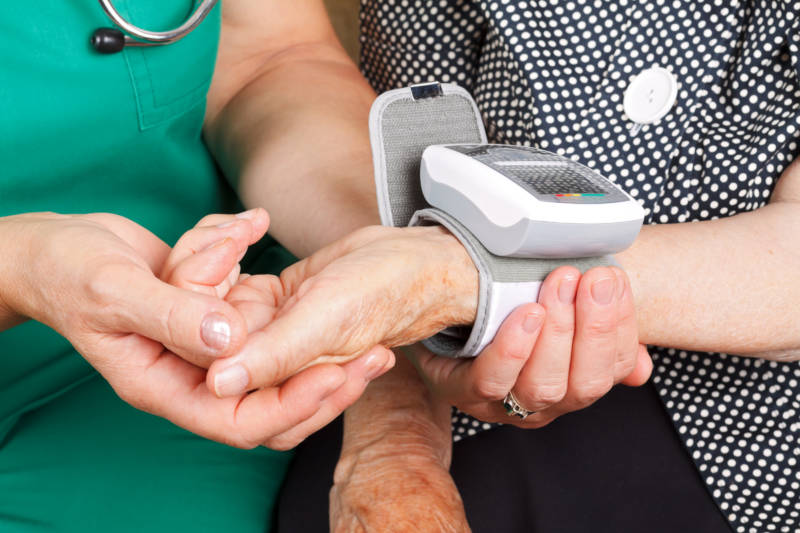Medical companies shouldn’t overlook older people when they design wearables or apps, according to new findings from AARP, the advocacy group for seniors.
Consumers 50 and over are moving away from traditional health care models that require face-to-face clinical appointments and extensive hospital tests, in favor of digital health care solutions like smart sensors and video appointments. AARP's revenue forecast for digital health care for the over-50 market is $34 Billion between 2015 and 2020.
Jody Holtzman, AARP's senior vice President for market innovation, spoke at this week's Digital Health Summer Summit, in downtown San Francisco. Here are five digital health trends he sees emerging in the over-50 market.
Trend No. 1: Ease of Hiring Caregivers
Traditionally patients have contacted an agency to find a caregiver, but companies are disrupting this model by removing the middle man. A growing number of startups like Honor and CareLinx offer online marketplaces connecting patients directly with service providers.
